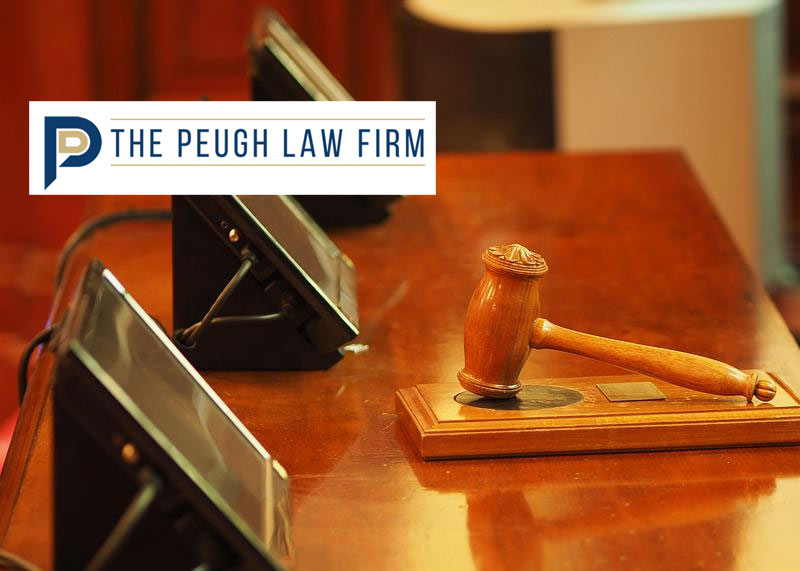How Long Will My DWI Case Take In Denton?
If you’ve been charged with DWI in Denton County, or anywhere in North Texas, you are probably wondering what it will take to get this resolved and how long it could take. Generally speaking, it can take anywhere from three to six months before you’ll have to decide whether to plead guilty and face the consequences or set a trial date for your case. If you decide to go to trial, the process could be over in as little as four months or drag on for more than a year before your trial actually starts.
What goes into determining how long a DWI case will take?
There are a number of factors that determine this, which include:
- The county where your arrest took place
- The law enforcement agency that made your arrest (local, county or state)
- Which court your case was filed in
- The severity of your DWI (misdemeanor, felony, etc.)
What stages does a DWI case go through?
The stages involved in resolving a DWI case are as follows:
Arrest is Made
The process in all DWI cases always start with an arrest. A lawful arrest requires the officer to have had a justifiable reason to pull you over in the first place. This usually turns out to be a traffic law violation. After the officer stops you, he/she needs to have probable cause before arresting you for DWI. This is usually determined by them conducting a sobriety test. If the officer finds that your test performance is unsatisfactory, he/she can arrest you. You will be handcuffed, placed in the back seat of the police car, and taken to jail. This is where the officer will ask you to take a breath or blood test to determine your level of intoxication.
Bail Hearing
Once you’ve been arrested, it will likely be within your rights to post a bond to be let out of jail. What determines the amount you’ll need to pay will be the county where you were arrested, your criminal history, and whether you are being charged with a misdemeanor or felony. There are two different types of bonds, a cash bond, and a surety bond.
With a cash bond you are allowed to post the entire bond amount in cash, whereas with a surety bond you would use a bondsman. If you have the means to post a cash bond, you’ll be able to get most of the money back when your case is over. If you use a bondsman, the amount he/she paid is considered their fee for posting the balance of the money on your behalf.
There are various conditions that the judge or magistrate may attach to your DWI bond, of which the most common is requiring that an ignition interlock device be put on your vehicle.
Court Filing
District attorneys rarely dismiss cases, so they almost always prosecute DWI cases. It usually takes anywhere from 20-40 days from when the arrest was made for a misdemeanor DWI case to be filed and the issuance of a court date. Felony DWI cases must first go before a grand jury, which takes longer. Therefore, it could be two months before an indictment is handed down and a court date issued.
Court Appearances
There are several types of court appearances, which are as follows:
- Initial setting : The accused is required to appear in court. This is when the district attorney and the judge will learn whether you have an attorney representing you or not. If you do have legal representation, your attorney will request that the prosecutor provide their evidence, such as a copy of the police report, videos, and the results of the breath or blood tests done on you.
- Announcements: This court appearance is to tell the court if you’re ready to schedule your case for a plea hearing or trial date.
- Plea setting: If you decide that you’re going to plead guilty, the court will assign a plea setting date. During this setting, you will plead guilty before the court. Once you’ve done this it will be time to officially arrange to pay your fines and court expenses, arrange to serve the sentence you’ve been handed or meet with your probation officer.
- Pre-trial setting: This is usually scheduled for the Thursday before your trial date. This is when the judge will tell you that your case will be heard on the trial date. If your case is not ready to proceed, it will be rescheduled. But, if your case is ready to proceed to trial, you will be required to be there in court when your case goes to trial.
There is typically a two-four-week wait between each of the listed hearings. You may or may not have to be at each of these settings. However, your attorney will need to be there in person to represent your interests.
Trial
If you enter a plea of not guilty, your case will be tried in a court of law. Your case will be tried before a jury of your peers or just a judge who will decide whether you’re not guilty or whether the prosecutor presented evidence beyond a reasonable doubt that you’re guilty. Most cases are tried before a jury.
Punishment
If you receive a verdict of guilty of your criminal DWI offense, your case will move forward to the next stage, which is punishment. This is when the prosecutor will likely present your previous crimes to the judge or jury when making their sentencing recommendation. Most of the time, defendants prefer having a judge evaluate their punishment, since judges are easier to predict than juries. Despite this, juries often mete out less severe punishments than judges.
Expungement
If you receive a verdict of not guilty of the DWI for which you were charged, you would be eligible to have this expunged off your record. You would need to submit an expunction request to the court and send the expunction letter to every relevant law enforcement agency to have this charge removed from all arrest databases.
If You are Charged With DWI Contact Attorney Daniel K. Peugh
For further information, please schedule a free consultation with the Law Offices of Daniel K. Peugh. Our legal team is very experienced at handling DWI cases in and around Denton, TX and can provide you with the most effective legal representation available.





